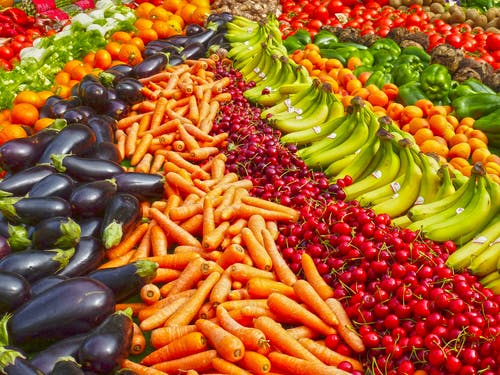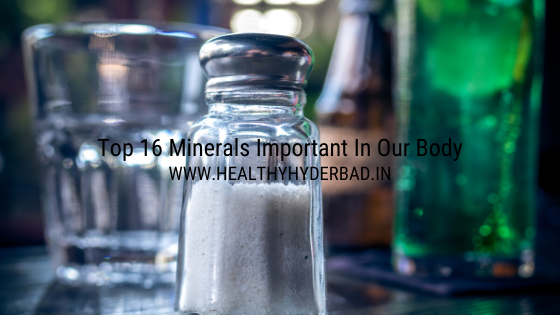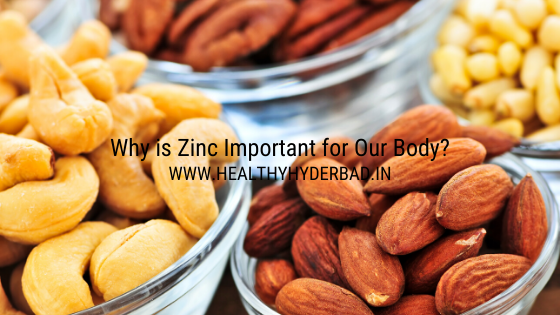پوٹاشیم- آپکے جسم کے لیے کیوں ، کتنا اور کیسے ؟
پوٹاشیم آپکے دل کی قوت اور خون کے نارمل دباو – بلڈ پریشر کے لیے بہت ہی مفید ہے۔
پوٹاشیم گردوں کے مدد سے بدن کے زائد نمک یانی سوڈیم کو خارج کرکے خون کے دباو بلڈ پریشر کو توازن میں لاتا ہے۔ پوٹاشیم بدن کے پٹھوں و مسلس کو مزبوتی دیتا ہے اور بلخصوص دل کے شاھ رگ ، شریان و نسوں کو نرم و فلیکس بل رکھ کر خون کی روانی اور دباو کو بہتر کرتا ہے۔
پوٹاشیم عام انسان کو ایک دن میں تقریباً
Mg 4700 چاہیے ، جب کے ایک کیلے میں
250-300 mg پوٹاشیم پایا جاتا ہے ۔ اس طرح 15 سے زائد کیلے کھانے سے ایک دن کا پوٹاشیم ملتا لیکن اتنے کیلے کھا نہیں سکتے اور اس سے شوگر بھی بڑھ جاتی ہے۔
لہٰذہ پوٹاشیم کے بھرپور حاصل کے لیے سب سے بہتر غذا سبز ترین پتوں والی ترکاری ہے جوکے کم سے کم مقدار ۸ کپ کچی سالڈ یا ہلکی پکی ہوئ لیکن ذائقہ دار کھانا چاہیے ۔
دیگر اشیا جس میں خاطر خواہ پوٹاشیم پیا جاتا ہے وہ ہے ،
پالک، ماٹھ، کلفہ ، سجنہ ، میتھی اور دیگر بھاجیاں ، گوبی، براکلی ، مشروم، ترائئ ، لوکی آلو ، رتالو ، بیگن، کھیرا و ککڑیاں ، دہی ، تقریباً سارے تازے موسمی میوے ، خشک میوے ، کھجور ، مچھلیاں ، ہرے و خشک بینس اور بیج ، کچھ گوشت اور انڈے ہے۔
لیکن جن اشخاص کو گردوں کی شکایت ہو وہ ڈاکٹر کی حدایت سے پوٹاشیم میں کمی رکھے تاکی گردوں پر دباو نہ پڑے اور پوٹاشیم کی مقدار خون میں بڑھ نے نہ پاے ۔
سید زین العابدین – نیوٹریشنسٹ
اٹلانٹا
67857603131
YT: thenutristyle






